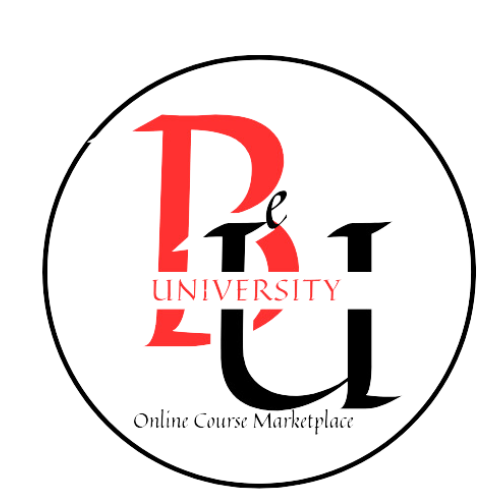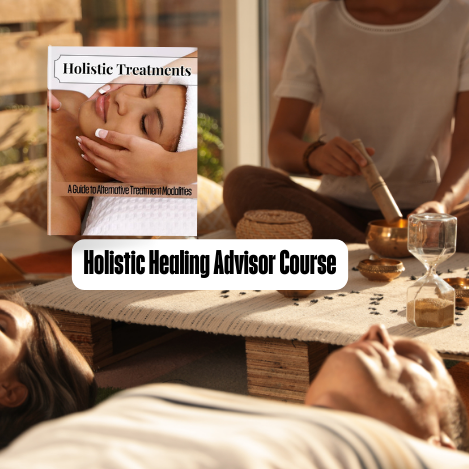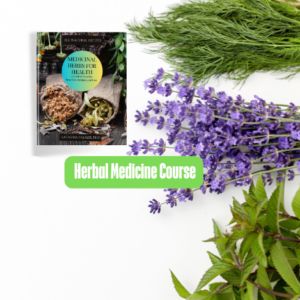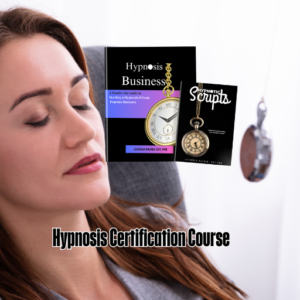Description
Understanding Holistic Healing and Its Benefits
Holistic healing is a comprehensive approach to health and wellness that considers the entire individual—mind, body, and spirit—as interconnected elements. This philosophy is rooted in the belief that achieving optimal health requires addressing all aspects of a person’s life, rather than just treating specific symptoms or illnesses. The origins of holistic healing can be traced back thousands of years to ancient civilizations such as those in China, India, and Greece, where treatments like acupuncture, Ayurveda, and herbal medicine were developed and practiced.
Fundamentally, holistic healing diverges from conventional medical practices by embracing a more integrative and preventive approach. While traditional medicine often focuses on diagnosing and treating illness with pharmacological or surgical interventions, holistic healing aims to identify and rectify imbalances within the body. This can include lifestyle modifications, dietary changes, and alternative therapies designed to support the body’s natural healing processes.
Holistic healing encompasses a variety of modalities, each offering unique benefits. Acupuncture, for example, involves the insertion of fine needles into specific points on the body to stimulate energy flow and promote balance. Aromatherapy uses essential oils derived from plants to enhance physical and emotional well-being. Herbal medicine employs natural plant-based remedies to treat and prevent a range of conditions, while energy healing techniques such as Reiki focus on balancing the body’s energy fields to facilitate healing.
The benefits of holistic healing are extensive, impacting physical, emotional, and mental health. Physically, it can alleviate chronic pain, improve digestion, and boost immune function. Emotionally, it can reduce stress, enhance mood, and foster a sense of inner peace. Mentally, holistic practices can improve focus, clarity, and overall cognitive function. Numerous real-life success stories underscore the efficacy of holistic healing, demonstrating significant improvements in individuals’ health and well-being.
Scientific evidence also supports the effectiveness of various holistic modalities. Studies have shown that acupuncture can be effective in treating chronic pain and migraines, while aromatherapy has been found to reduce anxiety and improve sleep quality. As more research emerges, the credibility and acceptance of holistic healing within the broader medical community continue to grow, further validating its role in promoting overall wellness.
Steps to Becoming a Certified Holistic Healing Advisor
Embarking on the journey to become a Certified Holistic Healing Advisor involves a structured pathway that integrates education, practical experience, and ongoing professional development. The initial step is to pursue relevant educational qualifications. Aspiring advisors should consider enrolling in programs that offer courses in holistic health practices, such as herbal medicine, nutrition, and energy healing.
In addition to formal education, hands-on experience is vital. Engaging in internships, apprenticeships, and volunteer opportunities can provide practical skills and insights that are indispensable in holistic healing. Finding reputable training programs is essential; prospective advisors should seek institutions and organizations with a strong track record and positive reviews from past students. Furthermore, mentorship from experienced holistic healing practitioners can offer invaluable guidance and support. Mentors can provide real-world advice, share best practices, and help navigate the complexities of establishing a holistic healing practice.
Certification is a critical step in becoming a recognized holistic healing advisor. This process typically involves passing comprehensive examinations that assess both theoretical knowledge and practical skills. After obtaining certification, establishing a practice requires strategic planning and effort. Building a client base involves effective marketing, networking within the holistic health community, and delivering exceptional client care. Advisors should consider joining professional associations, attending workshops, and participating in holistic health fairs to enhance visibility and credibility. Maintaining professional development is also crucial. This can be achieved through ongoing education, attending conferences, and engaging in peer-to-peer learning. By adhering to these steps, aspiring holistic healing advisors can build a successful and fulfilling career in the field of holistic health.




Reviews
There are no reviews yet.